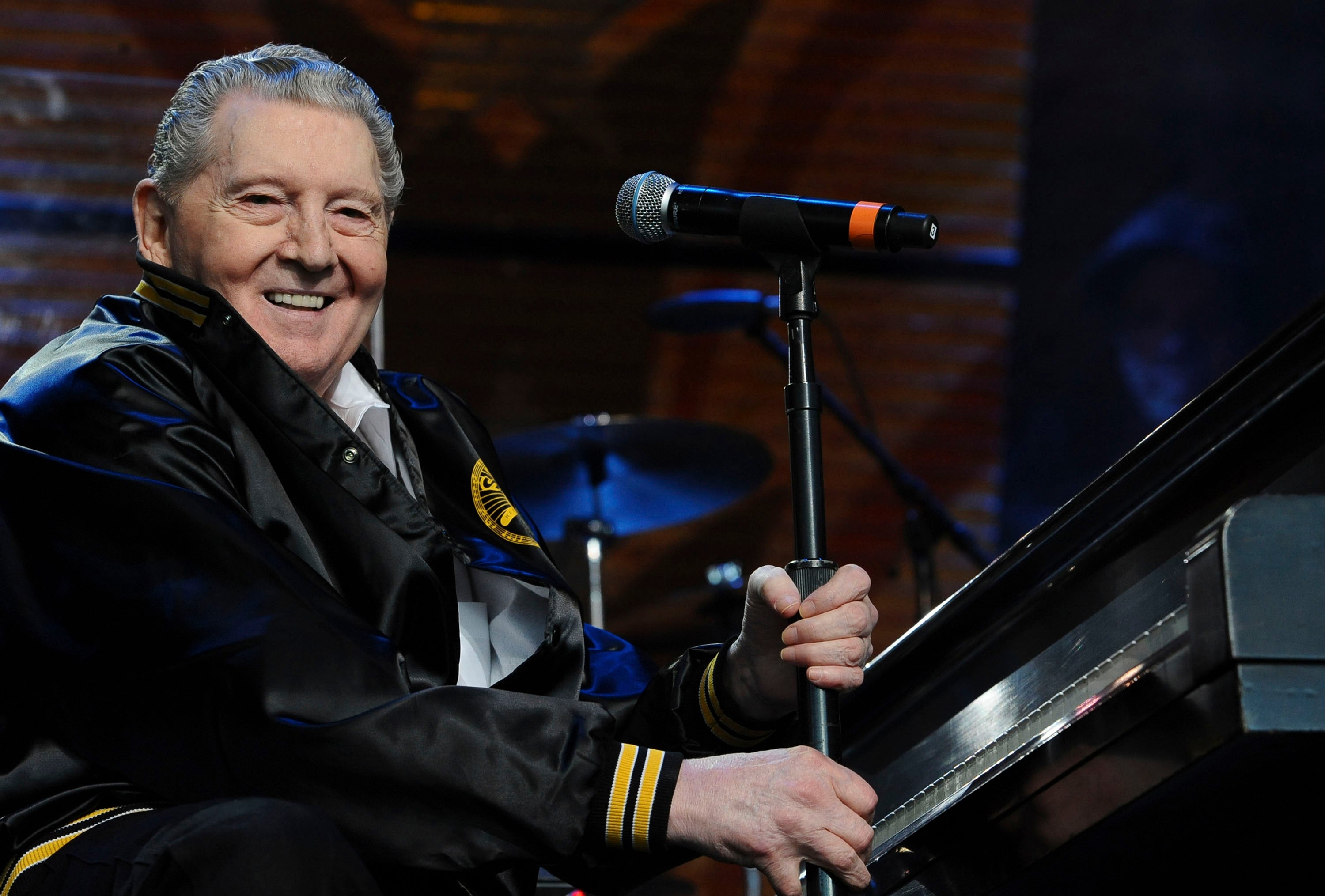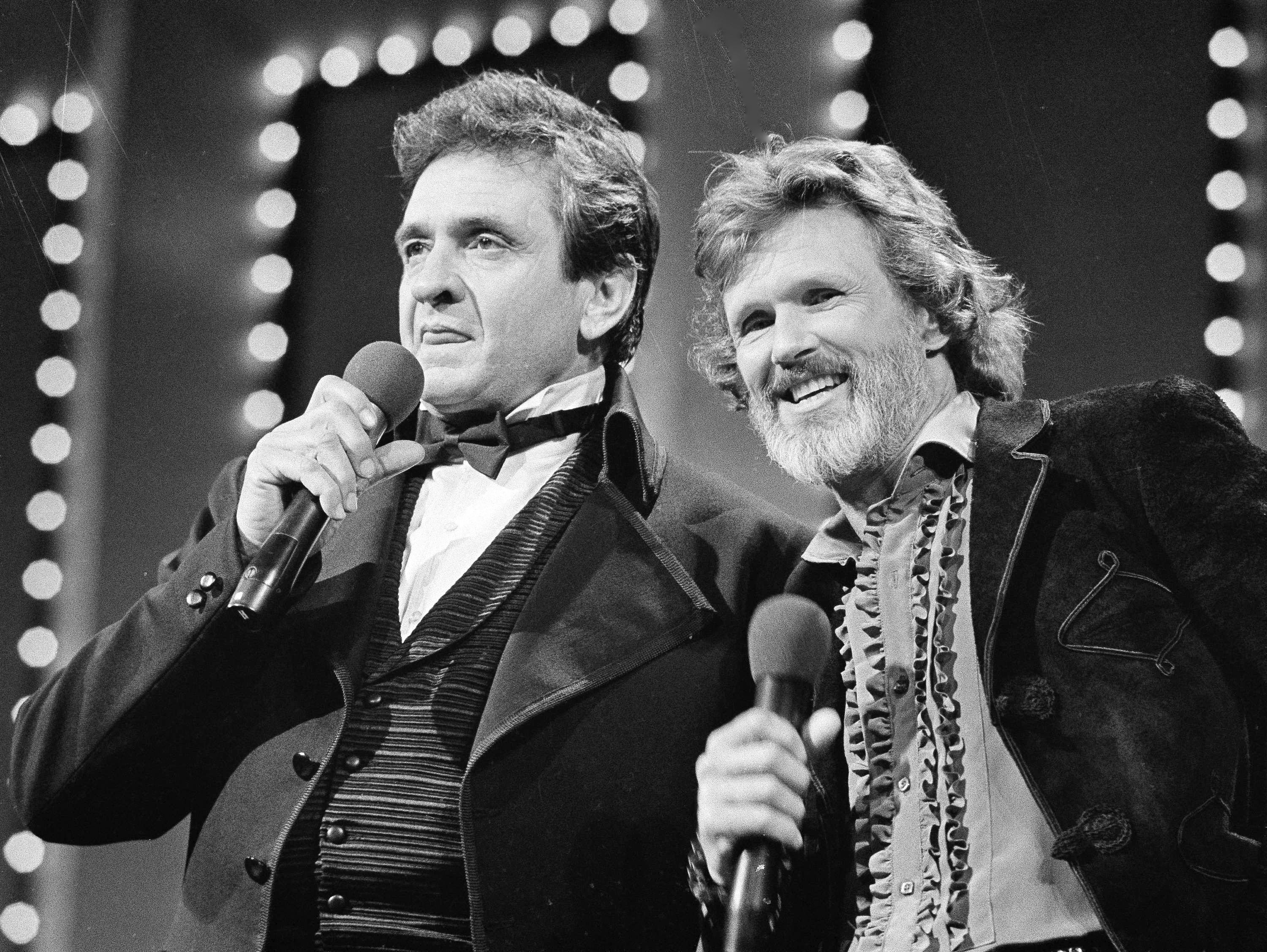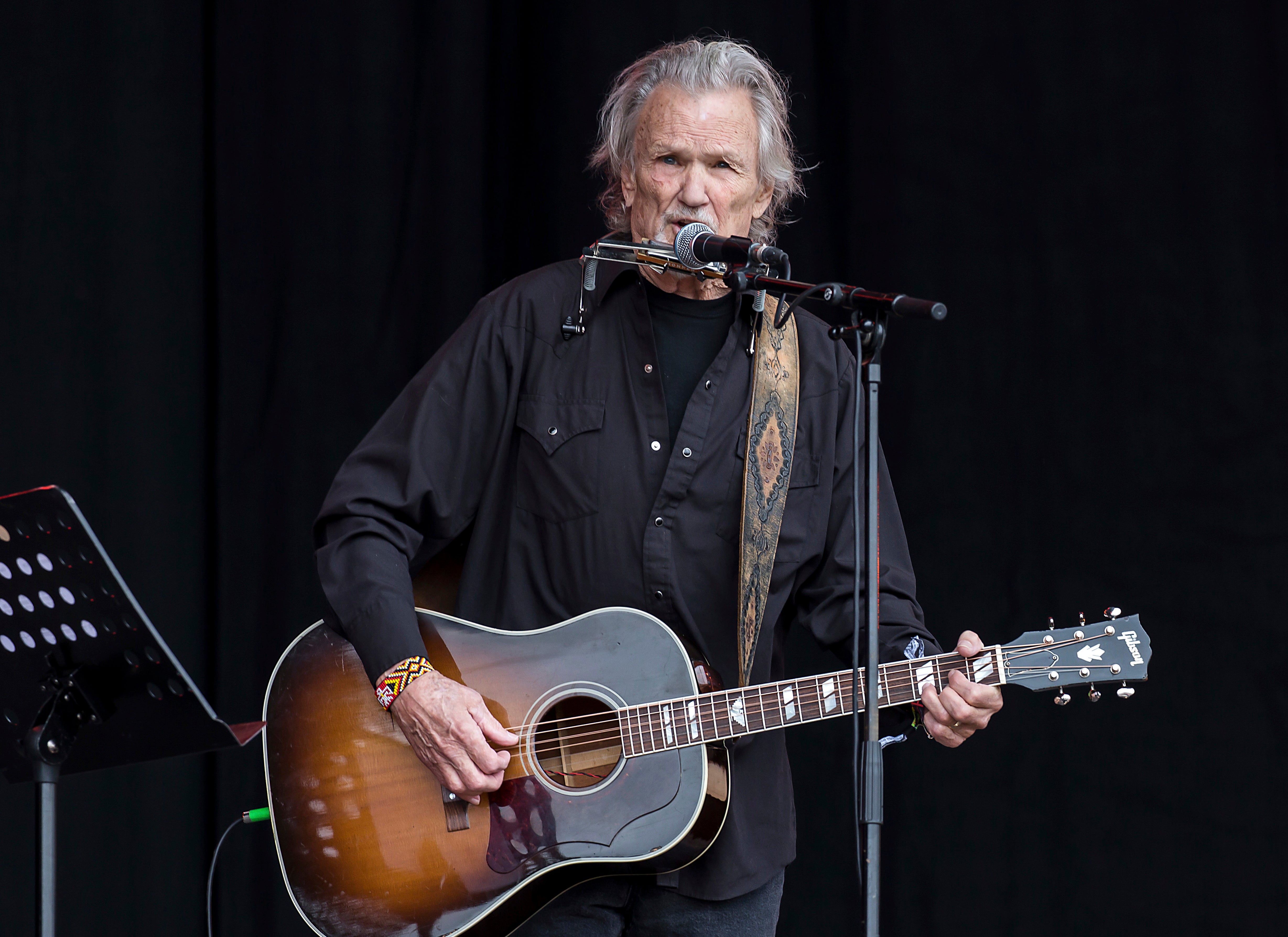
Your support helps us to tell the story
Our mission is to deliver unbiased, fact-based reporting that holds power to account and exposes the truth.
Whether $5 or $50, every contribution counts.
Support us to deliver journalism without an agenda.

Louise Thomas
Editor
Kris Kristofferson, who has died aged 88, was among the most prolific artists of his generation. In a career spanning six decades, he released 18 studio albums along with compilation records, live albums and collaborative works.
A renowned country singer, he was admired for the grit and vulnerability of his songwriting, perhaps most notably in his forlorn, wearisome 1972 tune “Why Me”, which topped the US country charts.
Alongside a successful music career, Kristofferson won critical praise and several awards for his work as an actor. He received a Golden Globe for Best Actor when he starred in the 1976 film A Star is Born, opposite Barbra Streisand, two years after he worked with Martin Scorsese on the romcom Alice Doesn’t Live Here Any More.
But Kristofferson always saw himself first and foremost as a songwriter, as he told The Guardian in a 2008 interview: “None of the other stuff would ever have happened if it wasn’t for the songwriting.
“I’ve come to appreciate how special a song is compared to other art forms, because you can carry it around in your head and your heart and it remains part of you.”
He added: “It just comes as natural as a bird to me, always did. It’s the way singer-songwriters make sense of our lives.”

Here are five songs you might not have realised were written by Kristofferson.
Once More With Feeling (1969)

Written by Kristofferson with writer and musician Shel Silverstein, this track was originally recorded by rock’n’roll star Jerry Lee Lewis and featured on his 13th album, She Even Woke Me Up to Say Goodbye.
Released as a single, it topped the Cash Box Country Singles chart in 1970 and made it to No 2 on the Billboard country chart. Nearly a decade later, Kristofferson recorded it himself for his ninth album, 1979’s Shake Hands with the Devil.
The lyrics go: “We’re just goin’ through the motions/ Of the parts we’ve learned to play/ Never quite together like before/ But somehow darlin’ something good/ Got lost along the way/ And our song ain’t nothing/ Special anymore.”
Sunday Mornin’ Comin’ Down (1970)

The legend goes that Kristofferson was so desperate to catch the attention of his hero, Johnny Cash, that he landed a helicopter on his lawn, beer in hand, to give him the demo tape.
The singer-songwriter would later tell journalists that while yes, he did land a helicopter at the Man in Black’s house, he wasn’t at home at the time, the demo tape was actually a song no one ended up cutting, and he definitely wouldn’t have been able to fly a helicopter while holding a beer.
In any case, Cash did go on to record “Sunday Mornin’ Comin’ Down”, topping the country charts and winning a CMA award for Song of the Year.
“I’m just real grateful for that song because it opened up a whole lot of doors for me,” Kristofferson told NPR in a 2013 interview. “So many people that I admired, admired it. Actually, it was the song that allowed me to quit working for a living.”
For the Good Times (1970)

The track that established Kristofferson as one of the most in-demand songwriters of his generation, “For the Good Times” has been the subject of countless interpretations by Bill Nash, Perry Como, Al Green, Dolly Parton and, perhaps most famously, Ray Price – who turned the heartbreak tune into a No 1 hit in 1970.
Kristofferson’s lyrics were especially poignant: “Don’t look so sad/ I know it’s over/ But life goes on/ And this old world will keep on turning/ Let’s just be glad/ We had some time to spend together/ There’s no need to watch the bridges/ That were burning.”
Help Me Make It Through the Night (1970)

One of Kristofferson’s most-covered songs, “Help Me Make It Through the Night” took off when Sammi Smith’s version hit No 1 in 1970. Smith won a Grammy for Best Female performance the following year (Kristofferson took home the prize for Best Country Song) and inspired a host of other greats to release their own interpretations, including Johnny Cash, Elvis Presley, Willie Nelson, Gladys Knight, Tammy Wynette and Joan Baez.
When he came up with the idea for the song, Kristofferson was working as a helicopter pilot (which meant he could chopper in and hand-deliver songs to Johnny Cash). He was reportedly inspired by a 1963 Frank Sinatra interview with Playboy, in which the crooner said: “I’m up for anything that gets you through the night, be it prayer, tranquilisers or a bottle of Jack Daniel’s.”
Me and Bobby McGee (1970)

Kristofferson typically wrote when the mood struck, but ended up responding to a call from Monument Records founder Fred Foster who suggested a song title named after a secretary he knew. “I avoided him for three or four months because there were only thoughts running through my head,” Kristofferson said in 1973. “I was driving back to New Orleans one night, the windshield wipers were going, and it started falling together.”
His lyrics took influence from the Fellini film La Strada (The Road) and followed two lovers who set out travelling together only to drift apart. It was originally recorded by honky tonk singer Roger Miller in 1968, before Janis Joplin, whom Kristofferson briefly dated, recorded arguably the definitive version for what would become her posthumous second album, 1971’s Pearl.
Kristofferson had no idea Joplin had recorded it until its release: “Afterwards, I walked all over LA, just in tears,” he recalled to Performing Songwriter years later. “I couldn’t listen to the song without really breaking up.” The song became Joplin’s biggest hit and was later covered by stars including Johnny Cash, Dolly Parton and Olivia Newton-John.







